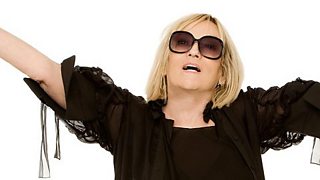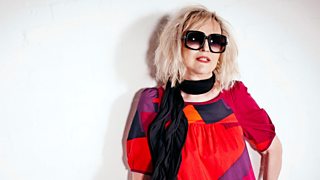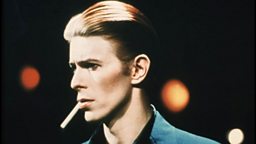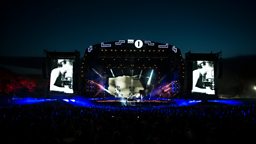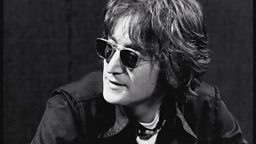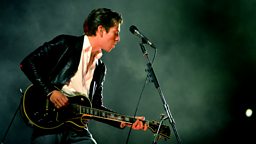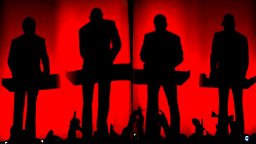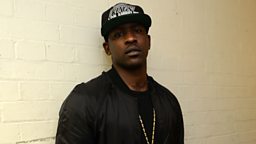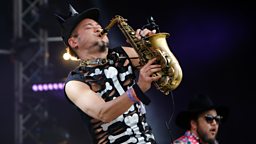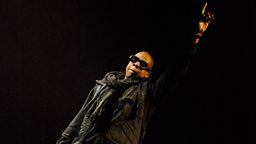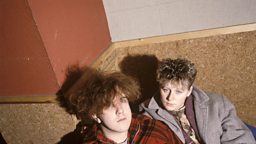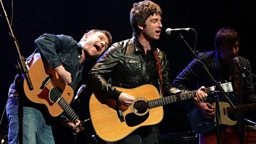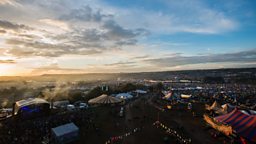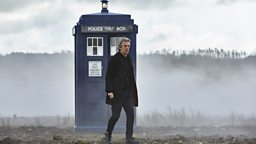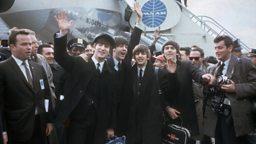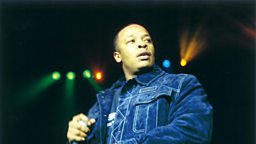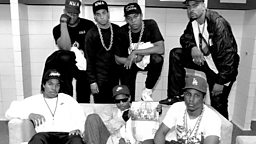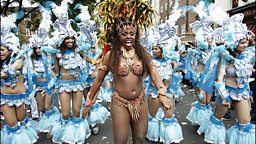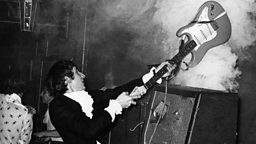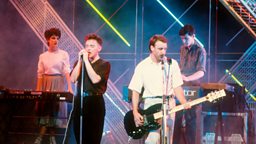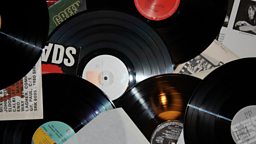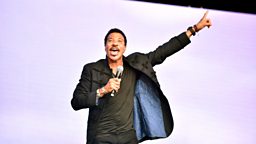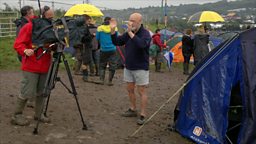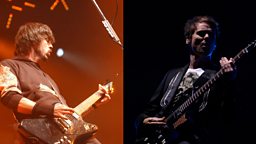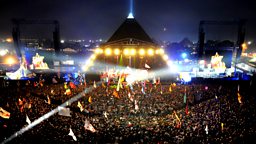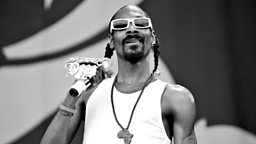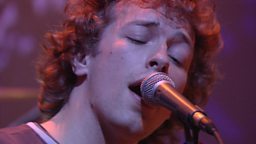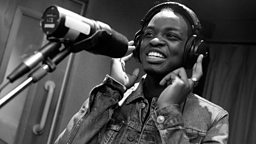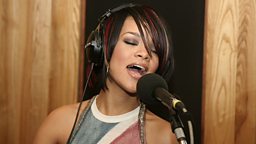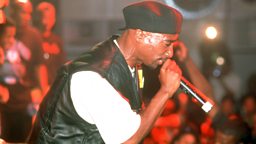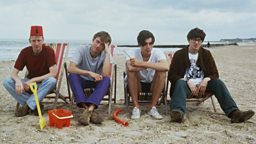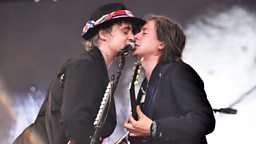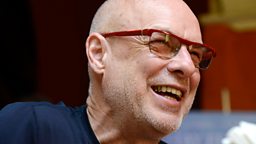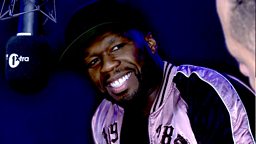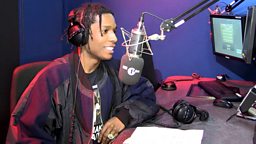‘Don’t wish! Do something!’: Annie Nightingale on 50 years of broadcasting
The DJ explains how a Radio 2 documentary on her career is really just the story of music
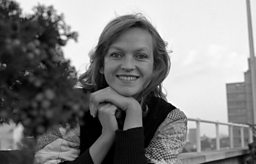
"People seem to like an anniversaries, don't they?" says , as if her 50 years in broadcasting is something for other people to celebrate. In fact, the record-breaking DJ (first female Radio 1 presenter, longest-serving Radio 1 presenter, longest career as a female presenter anywhere) is keen for a two-part Radio 2 documentary, (broadcast on July 15 and July 22), to be thought of as much more than a look back at her history on radio and TV.
Annie explains: "It's a way of telling the story of music - it's not me, me, me! I'm just the hook. What fascinates me is how music constantly changes, but, yes, my personal story is weaved through."
Here, with clips from the documentary, Annie talks us through the last 50 years...
-
![]()
Annie with the biggest bass bangers
-
![]()
Hear the Radio 2 documentary
Annie on... the 1960s
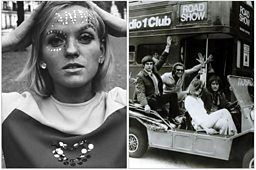
If I could have played an instrument, I would have been in a band"
I was in TV first - starting in 1965. The music that year was incredible: wall-to-wall good songs that have now become classics. Everyone got their act together in 65, 66 and 67 - those three years were unbelievable. I desperately wanted to be involved. If I could have played an instrument, I would have been in a band, but I couldn't, so I managed a band instead. I wanted to get them on Ready, Steady, Go!, which was the best music show on TV. I bumped into the editor, Vicki Wickham, tried to get my band on the show and Vicki said, "Actually, we're looking for a presenter for a new TV show, That’s For Me, would you be interested?"
Annie on... The Beatles
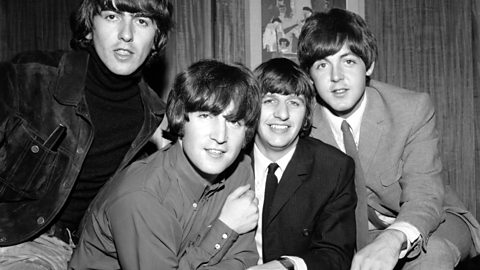
How The Beatles found Hells Angels in their offices
Annie Nightingale on what life was like at the band's Apple Records offices.
They had this utopian dream that everybody could be like The Beatles"
I got to interview many times and one thing we talk about [in the documentary] is Apple. In retrospect, it was ridiculous - it wasn't just a record label, it was an invitation for anyone creative to get involved, whether they were a sculptor, or a playwright, or filmmaker. They had this utopian dream that everybody could be like The Beatles. And, as you can imagine, it was complete chaos.
Annie on... being a pioneering female presenter
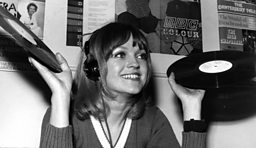
You just do what you think would be an interesting thing to do"
There weren't any other female presenters when I started - I had no role model. In fact, my role model was ! He seemed to be having a terrific time doing a TV show. He had everything going for him - he was a journalist, but also had his . I liked that, and wanted to be a part of it. But you don’t set out to become the first female presenter on Radio 1 or - you just do what you think would be an interesting thing to do. Then you have to hang in there and ride out the times when you fall out of favour.
Annie on... Marc Bolan and interviewing stars
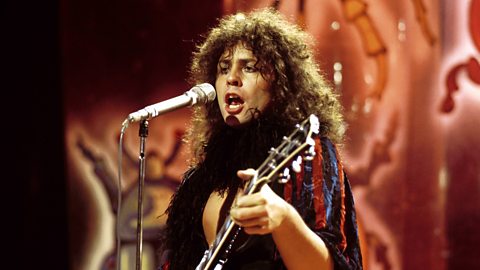
Marc Bolan and the songs that got away
Marc Bolan chats to Annie about his songwriting ability and the lost songs of his career
Marc was very bright, very funny, knew how to take the p*** out of himself"
was great - very bright, very funny, knew how to take the p*** out of himself. This interview is from my personal archive - from the days when you did interviews across the whole afternoon, getting drunk with the star. People would come in and out, and it was fun. Things weren’t managed like they are now and no one had media training. God, they do now - you have to break them down, and try and not hear just about when their tour starts. Sometimes it’s very hard to get beyond that.
Annie on... punk
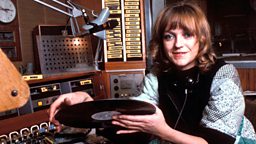
People made themselves felt and got their voices heard. I thought it was great"
Prog rock had become pomp rock. It took itself far too seriously - long guitar solos, ridiculous lyrics, big shows. The DIY culture of punk brought things back to earth. We were going through very difficult times - as we are now - meaning people weren't getting signed to record labels, so they had to make their own way. And that went for putting on gigs, wearing clothes and all the rest of it. People made themselves felt and got their voices heard. I thought it was great.
Annie on... acid house and Basement Jaxx
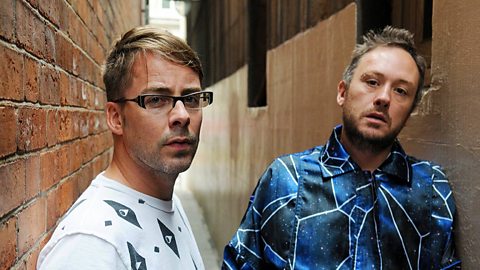
Oasis' unlikely influence on Basement Jaxx
The dance music duo tell Annie Nightingale about the first time they heard about Oasis.
Acid house was brilliant! I was reborn through it"
Acid house was brilliant! In the late 80s and early 90s, I recognised something special was going on - another youth revolution. Punks had been very nihilistic - they didn't want anyone to come to their party - whereas the acid house scene was more like, "Come and join in!" I remember thinking, "I’ve been around the block a few times, I’m not of your generation," but they [ravers] were having none of it. I was reborn through acid house and got really into dance groups like Basement Jaxx [above]. I think I was the first person to play them on Radio 1.
Annie on... Underworld
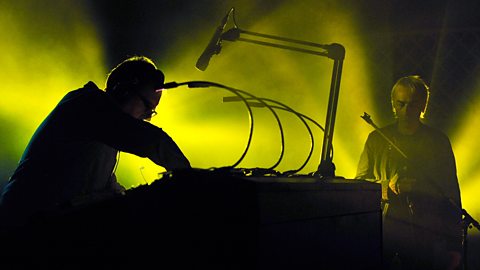
Can you imagine Trainspotting without 'Born Slippy'?
Underworld tell Annie Nightingale why they didn't want their song on the soundtrack.
They’re great people who will forever mean so much to me"
Karl [Hyde] from came in to do a new interview for the show [above], which was great. I knew Underworld from before they formed Underworld. They were in a band called and I went on the road with them - as a touring DJ. I remember falling in a gap between stages at Loughborough University and banging my back on a fire extinguisher. Ended up in hospital. But then I was allowed to sit in the front of the van for the rest of the tour - instead of Karl! They’re great people who will forever mean so much to me.
Annie on... never being associated with a particular era in music
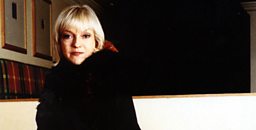
What's the point of music if it doesn't move forwards?"
It's easy - you can't be if you’re always interested in where music is going next. And I stay interested with both my journalistic head on and as a fan of music. Music is evolving all the time - especially in the UK. People do guest mixes for me and it's almost like I study them: "Ah! I see where you’re going with that!" Then three weeks later, someone else moves things on a bit further and that's what’s interesting. What's the point of music if it doesn't move forwards?
Annie on... Glastonbury
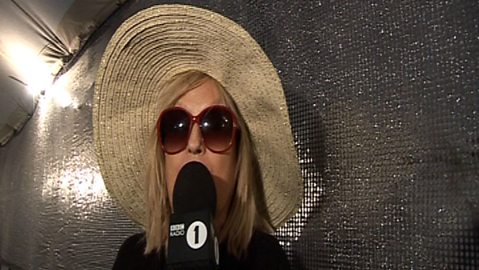
Glastonbury 2008 - Annie Nightingale
Annie Nightingale introduces you to her annual Thursday night Breaks show at Glastonbury.
I DJed this year and played a trap and bass set"
I never thought about it as being my thing. The first time I went was in 1990 and only because the Happy Mondays were playing. The next year I drove there - drove right into the middle of it and slept in my car. You wouldn't dream of doing that now! But it's still an open-minded crowd. I DJed this year and played a trap and bass set. I thought it wouldn't work, but it did. On the fringes, everything is still evolving and people are allowed to do their own thing. I haven't watched a headliner there for years.
Annie on... music now
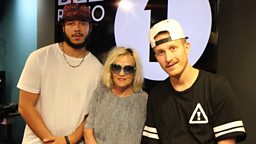
Grime is great British music - I'm incredibly proud of it"
I really like trap music, although people in the UK are a bit suspicious of it. It comes from hip hop and metal, which might put some people off, but that's what makes it interesting to me. It's also very joyous. Favourite recent mixtape? [above] from the end of last year was a really good one. And of course I love grime. I don't think of what's going on now as a revival. Grime has always been going on and at last it's getting recognised. It's great British music - I'm incredibly proud of it.
And finally... Annie's call to arms

The Beatles took over the world, and so can you"
I've had such a great time and I want other people to have a great time too. Enjoy your youth culture. People say to me, "You were so lucky you were around in the 90s," and I go, "Yes, but now is your time. If you want to make culture exciting, be a part of it. You have to go to that gig when it's raining and you've got no money to get home. Because if you don't help to make culture, you won't get anything back from it. Don’t wish! Do something! Like that Slaves song says: "Do something!" Everything's possible. The Beatles took over the world, and so can you.
